I was recently asked, on Facebook, what advice I had for self-publishers. The answer I gave was unconventional and not at all helpful in the short-run, but I believe it is the best advice I can give. Before I give it here, let me give you some background information.
I first self-published in 2005, which was still during a period I refer to as the dark times—when self-publishing was frowned upon by authors with such passion that some would organize against you, posting phony reviews on Amazon and belittling you on message boards. Despite the vitriol and best efforts of these angry few, I sold a lot of books. Paper books. E-books existed, but they weren’t on anyone’s radar yet. In 2006 and 2007, I published two more novels, each as successful as the first. I formed my own imprint. Writing and publishing became my day job and has remained so ever since.
By the time I released my fourth book, I attracted the attention of Thomas Dunne Books, with whom I have now published four hardcover novels and have two more in the pipeline. But I never stopped self-publishing. In addition to the four hardcover novels, I have 26 self-published books under my belt. By this time next year, that number should reach 36, and I’m not counting the books I have coming out from Thomas Dunne Books OR Amazon’s 47 North, who I signed with under my Jeremy Bishop pen name.
The point is, I’ve been self-publishing longer than most, more successfully than most, and far more intensely than most…so you can take my advice to heart. Ready for it? You might not like it. Okay, here it is.
Figure it out yourself.
That’s right. Don’t ask me. Don’t ask other successful self-publishers. Pay your dues. Grind your teeth. Take your licks (that could be gross). You know what I’m saying.
Here’s why. If I (or someone else) tells you exactly what to do, you’ll never learn how to do anything for yourself. When problems come up, and they will, you won’t know how to fix them, and will lack the ability to figure out how to fix them. Sure, someone might be able to tell you how to fix the problem, but that takes time and removes the opportunity for the solution to be uniquely yours.
For example, I could tell you exactly how I market my books and you could duplicate it for yours. It might work, it might not. If it doesn’t, you’re screwed because, let’s face it, you really have no idea what you’re doing. But if your marketing plan is yours, and you’ve studied the inner workings of marketing, you can adjust, rework and implement a new plan without needing to be told what to do.
The only situation this does not apply to is if you decide, perhaps wisely, that you cannot do the job of a cover designer, e-book formatter, or editor, and hire someone. But if you’re a do-it-yourself type, like me (I can do everything but edit), you’ll need to study, experiment and go through long periods of trial and error. I know, it sucks, but I would rather put in the effort and be an expert than half-ass it and be a struggling amateur for the rest of my days.
Need some solid examples? Here is a list of things I consider myself an expert in, or proficient at. My definition for expert is something I’ve spent at least 10,000 hours doing. Proficient is 5000 hours OR things that are possible to learn in less than 5000 hours. I’m going to be specific with some.
Writing: Expert
Illustration: Expert
Cover design: Expert (most of the covers for my books were designed by me)
Marketing: Proficient (though others, including marketing professionals, have called me an expert)
Video Editing: Proficient (5000+ hours)
HTML Web Design: Proficient (5000+ hours)
E-book formatting: Proficient (Can be learned in under 5000 hours)
Print interior design (with Word): Proficient – I was specific about Word here, because I cannot format a book the way a big publisher might, using InDesign, but Word can be learned in under 5000 hours)
Audio mixing: Proficient
Software I can use expertly: Photoshop, Word, Pinnacle Studio, Streamline and Call of Duty
Software I am proficient in: Dreamweaver Illustrator, Audacity, Acrobat, Excel, PowerPoint, Final Draft and After Effects
In short, there isn’t a single area of self-publishing and promotion where I’m lost. When I face a problem in most of these fields, or applications, the solution is generally easy to figure out. I don’t need to ask for help, so I’m more efficient, more free to experiment and am able to be creative without the fear of screwing things up.
How did I accomplish this? I didn’t ask for help. I read a lot of books and online tutorials and went through tons of trial and error. Sure, it sucked a lot of the time. Still does. Learning isn’t easy. Being told what to do, doing it and then forgetting it, that’s easy…in the short run. I’m now in the long run. I’ve been a professional creative for seventeen years (I’m 38 in a few days) and have spent the majority of that time learning. Now I can look at my 2013 schedule, see 13 books (ten to be released on my own), rub my chin and say, “I can do that.”
Had I taken the simple way out and asked someone else how to do everything, rather than learning it for myself, my abilities would never be able to keep up with my ambition. If you’re a self-publishing do-it-yourself author, learn everything you can and push yourself to learn it at an expert level. It’s your career, after all. If you rush, or skimp, or take shortcuts, you’re only hurting yourself. But if you work hard and really learn your business, you’ll thank yourself in ten years. Of course, you can always hire professionals to be experts for you. I’m starting to do that now. 13 books require it. But finding professionals you trust, who are good and affordable, is sometimes harder than just learning something on your own. That said, even if you hire someone, you’ll need to know enough about all aspects of publishing that you can expertly judge whether your cover is great or rubbish, or if your e-book formatting is amateur or on par with the best.
Hard work pays off. Push through. Learn the art of writing, the trade of publishing and the business of selling as well as possible. With enough time and effort, the days of punching a time-card, listening to a droning boss and getting up at 6am to catch the train will be over. You will be an expert, and people will start coming to you for advice…all the time…and you might find yourself writing a blog post just like this one.
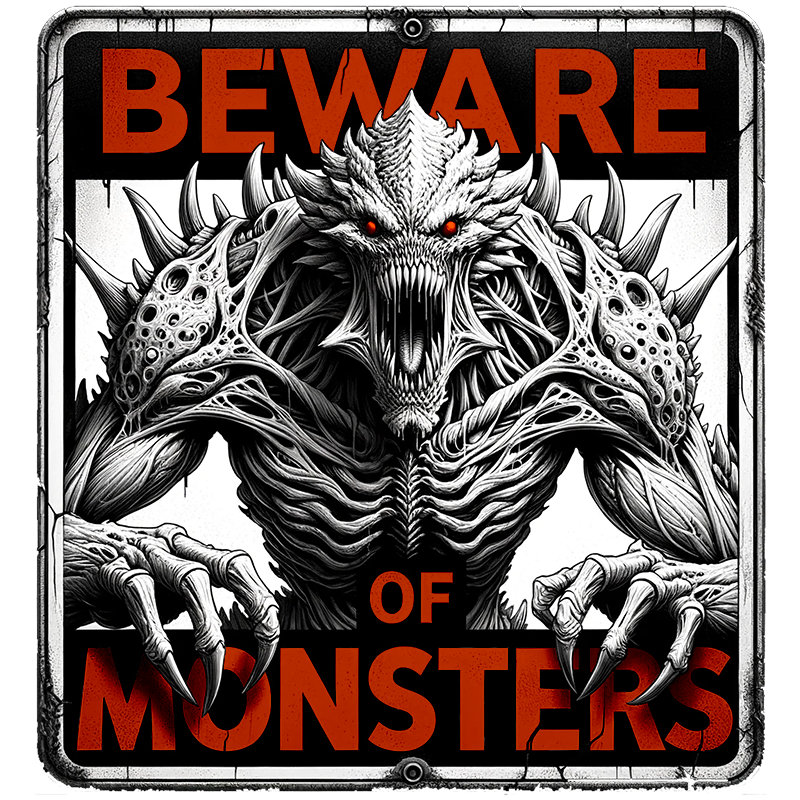

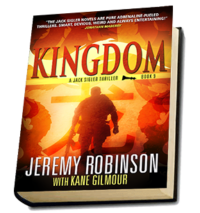
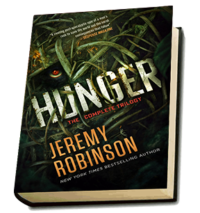
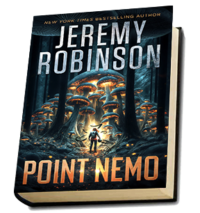

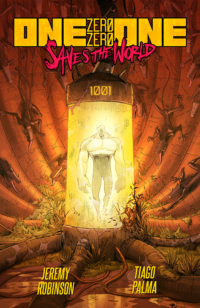
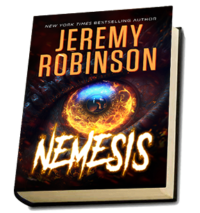

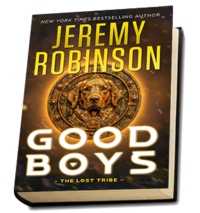
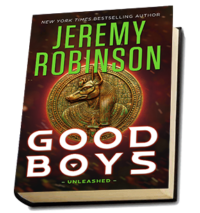

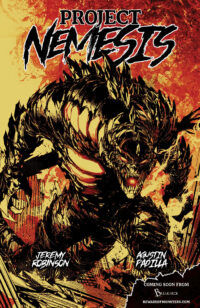

Leave a Reply